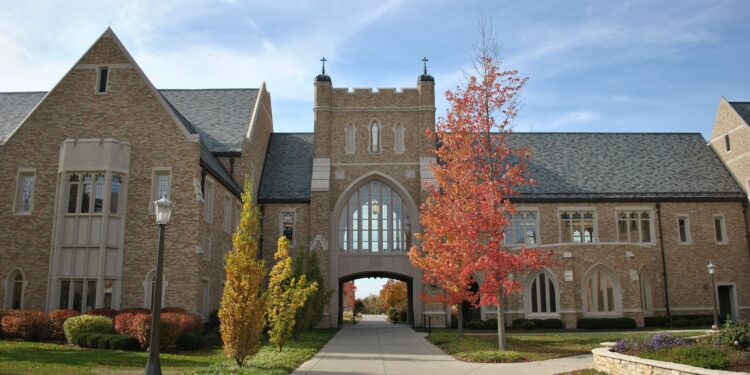The lawsuit seeks to challenge that rule and open the grant funding up to churches. In its amicus brief, meanwhile, the Notre Dame law clinic argues that the U.S. Constitution “squarely prohibits the county from excluding groups who are otherwise qualified for [public aid] merely because they happen to be religious.”
In addition to violating the law, the exclusionary grant program “threatens significant harms that can never be undone through litigation,” the brief argues.
Facing major budgetary shortfalls, many houses of worship around the country “have been unable to adequately preserve their historic buildings or had to abandon them altogether,” the brief states.
Religious institutions “offer irreplaceable cultural and historic value to their communities,” the filing continues. Religious communities “often anchor community life itself,” the brief states.
The law clinic cited one study that indicated the closure of Catholic schools has been shown to “lead to less socially cohesive, and more disorderly, neighborhoods.”
Meredith Holland Kessler, a staff attorney for the Religious Liberty Clinic, said in the group’s press release that the court should “recognize the vital contributions that communities from a variety of faith traditions have made to their neighbors for centuries.”
Credit: Source link




